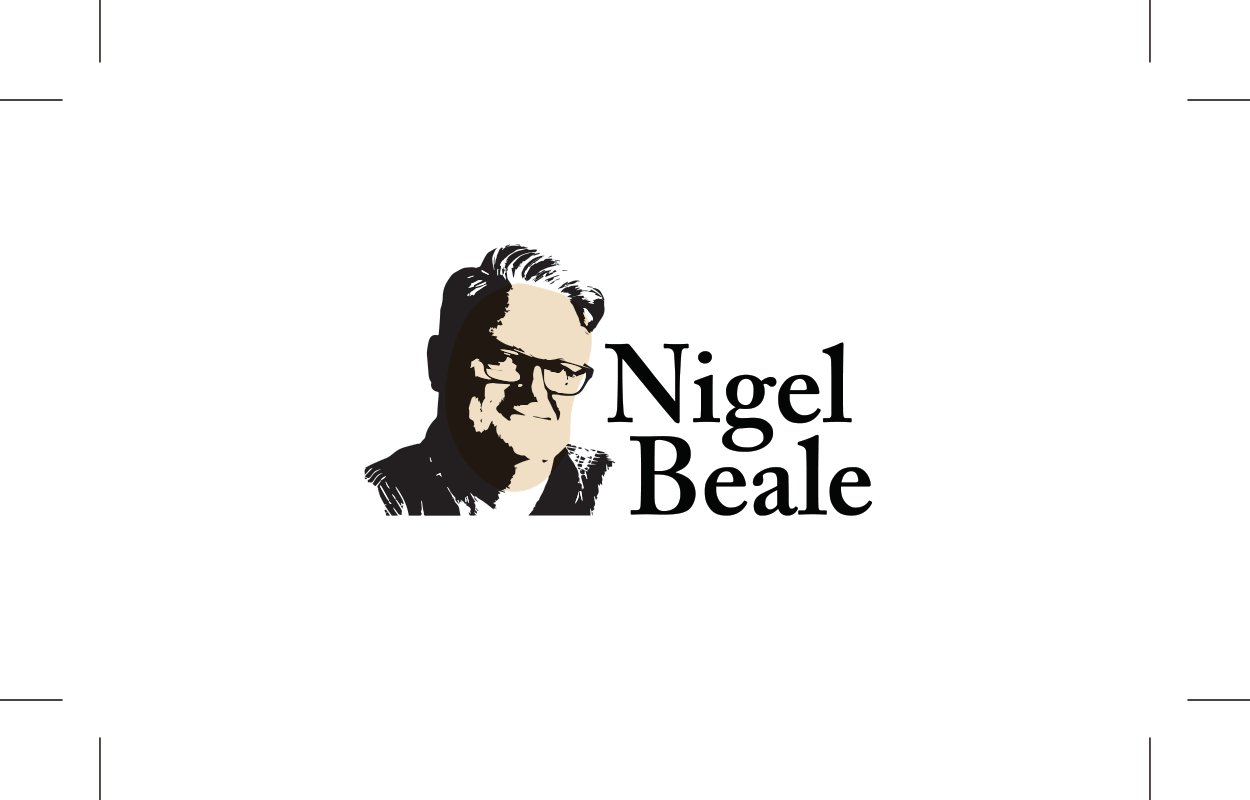Readings to put you off Books
First appeared in The Guardian
Too many academics have abandoned clarity and enthusiasm for cliquey obscurity
Most readers of lit crit would doubtless agree that clear, persuasive, interesting writing is key. Why then are academics so intent on obfuscation?I recently found myself browsing and brooding over some early works by the literary critics Frank Kermode and Harold Bloom (Sense of an Ending and The Anxiety of Influence). Both are annoyingly opaque. My suspicion is that the two felt obliged to lard their salad-day prose with latinates and isms in order to impress their academic superiors.
Afterwards, reading Ben Yagoda's investigation of style in writing, The Sound on the Page, I was surprised to find Frank Kermode showing up on p118. "At 28," he admits, "I was anxious to make my way. I needed to write a book, and that led to a certain amount of strain in the writing - I pushed too hard at the ideas. When you're young, you're writing for your life. You tend to be rather grandiose. Eventually I learned to relax."And who should crop up on p159 but Bloom. "In 1982," Yagoda explains, "he took on the task of writing the introductions for the Chelsea House series of literary classics, intended for high school students. 'It changed my writing' said Bloom. 'I forced myself to de-esotericise myself. It probably taught me how to write. I have made the conscious effort to write in a more straightforward and accessible way. I go out of my way every time I write a book to make clear that I don't want a single academic to read it.'"
What secret shame makes academics so willfully abstruse? Partly it's elitism. A citadel of unexplained jargon and obscure references serves nicely to keep the plebs at bay. Put less obnoxiously by Rohan Maitzen, a professor at Dalhousie University whose stimulating blog got me started on this topic, "every area of specialised inquiry develops and requires specialised language (or jargon) that can seem opaque or abstruse from outside that specialisation. In that respect, academic literary criticism is like other kinds of writing aimed primarily at other specialists." Good point, but if someone has a great idea do they really have to shroud it in cant? Northrop Frye's Anatomy of Criticism is both the seminal work of a specialist and a model of clarity."
The very thing that most matters to writers," James Wood suggests in a review of The Oxford English Literary History, "the first question they ask of a work - is it any good? - is often largely irrelevant to university teachers." He's right. Academic critics tend to shy away from the shifting nature of such judgments, for one thing, and are more interested in other reasons to study a text. This is what differentiates them from the "public" critic, the book reviewer. Here's Rohan Maitzen again: "If asked whether a book is good, an academic is likely to reply 'good at what?' or 'good in relation to what?' or 'good for what?' It may be that this insistence on refining the question, or examining its implicit assumptions, is part of what makes academic criticism less appealing to the 'average intelligent reader,' if what they are after is actually a recommendation."
Writing that avoids answering such basic questions is plain dull. Ironic that academics will swerve violently off text to discuss social, political, economic influences, but won't articulate or rationalise taste because it's relative, "disputable".
Much academic prose, because it fails to take and defend a bold position, is vapid and unappealing - and not just to Joe Paperback, but to all the poor students doomed to moil through it. Kermode and Bloom both eschewed academic language early in favour of the limpid, concise, and opinionated. Northrop Frye was crystalline and vital from the very start. As a result all three became famous, highly regarded public critics. Visions of stardom may not dance through the heads of most academics, but if they want to reach and inspire audiences inside, or outside, the classroom, they'd do well to follow the example of these three formidable teachers.

